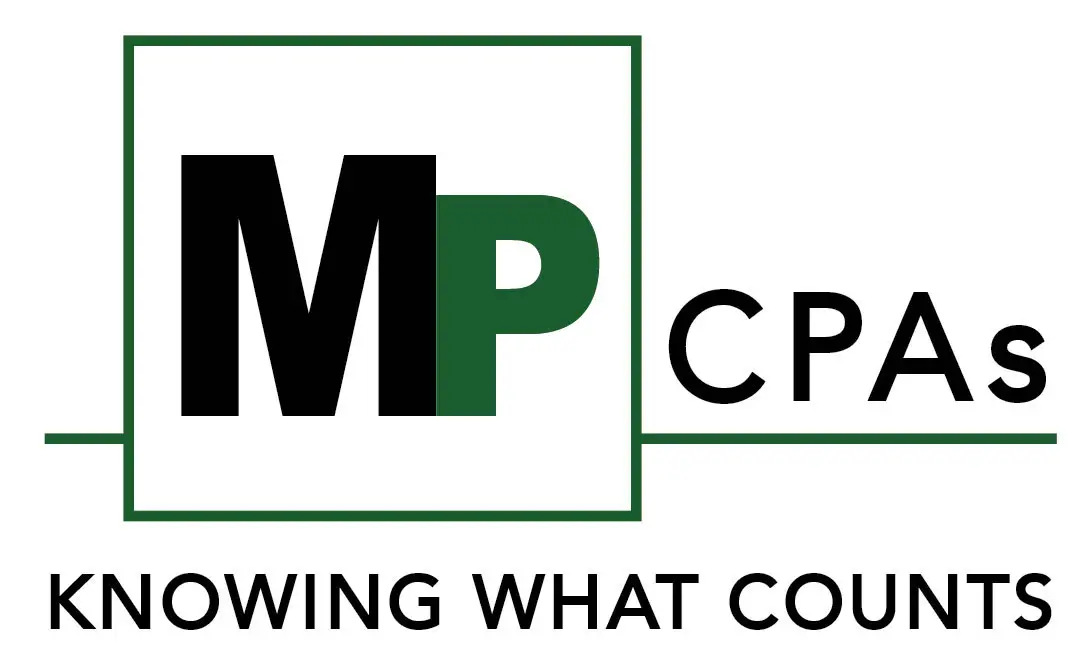Estate Planning in Massachusetts: Expert Strategies with Tim Lafalam
Estate planning is a critical aspect of financial management, yet many people often overlook its importance until it’s too late. In Massachusetts, understanding the nuances of estate tax laws and the implications of estate planning can save beneficiaries a significant amount of money and stress in the long run. This podcast episode delves into various facets of estate planning, highlighting the need to stay informed about changes in legislation and how it may affect your estate. It is vital to recognize that estate planning is not just for the wealthy; it is essential for everyone looking to secure their financial future and protect their loved ones.
One of the cornerstone topics discussed is the Massachusetts estate tax, particularly the $2 million threshold. Effective January 1, 2023, any individual passing with a gross estate exceeding this amount is subjected to specific filing requirements, namely the M706 estate tax return. This requirement does not automatically indicate that estate taxes will be owed; however, it is an essential step in the process. Understanding what constitutes a gross taxable estate is crucial. This includes various assets such as investment accounts, real estate, and personal property. Each of these items contributes to the overall valuation of one’s estate and plays a significant role in your estate planning discussions.
Another essential element addressed is the calculation of a taxable estate. Listeners learn that not all assets are taxable. For instance, assets owned jointly with a spouse are typically only partially included in the taxable estate, often leading to misconceptions around estate valuation. The episode discusses what can be exempted from the estate, such as certain irrevocable trusts and life insurance policies if structured properly. Knowing these details can substantially reduce the taxable estate and ease the financial burden placed on heirs.
A recurring theme in the discussion is the importance of having an estate plan in place as early as possible. Too often, individuals procrastinate in setting up their estate plans, thinking they can wait until they acquire more wealth or complexity within their financial portfolios. The podcast emphasizes that effective estate planning should commence once individuals achieve a basic level of financial stability. It enables people to make strategic decisions regarding gifting, charitable giving, and trust creation while they are still alive. This proactive approach can significantly optimize wealth transfer and ensure intended beneficiaries are taken care of.
The episode also tackles the complexities surrounding out-of-state properties. With changes enacted over the past few years, Massachusetts residents with real estate holdings in other states may also need to consider how those properties can affect estate tax calculations. It is essential to understand that non-residents can also be subject to Massachusetts estate tax if they own property within the state and their estate exceeds the $2 million threshold. These intricate legalities underscore the need for professional guidance in navigating estate planning effectively.
Moreover, listeners are informed about available deductions that can help manage estate tax liability, such as the marital deduction, which allows assets passed to a surviving spouse to be deducted entirely from the taxable estate. This powerful strategy can reduce the estate tax obligation to zero in some cases, although having to file a return remains necessary. The podcast clarifies that understanding the difference between estate liability and filing requirements is crucial for effective planning.
Finally, the conversation touches upon the importance of filing with the Massachusetts Department of Revenue (DOR) to clear any potential liens placed on the deceased’s property. This aspect can pose challenges when settling an estate, particularly during real estate transactions involving a deceased’s estate. Having a clean title for property is essential when attempting to sell or transfer property, underscoring the critical nature of the estate filing process and making it clear that failure to comply can lead to future complications.
Thus, whether you’re contemplating your estate plans or thinking about the future of your loved ones, this podcast episode offers invaluable insights into the complexities of estate planning in Massachusetts. It’s essential to stay informed about changes in regulations and remain proactive to safeguard your legacy. The episode serves as a reminder that planning is necessary, and having the right guidance can make all the difference in ensuring your estate plan serves your wishes.





